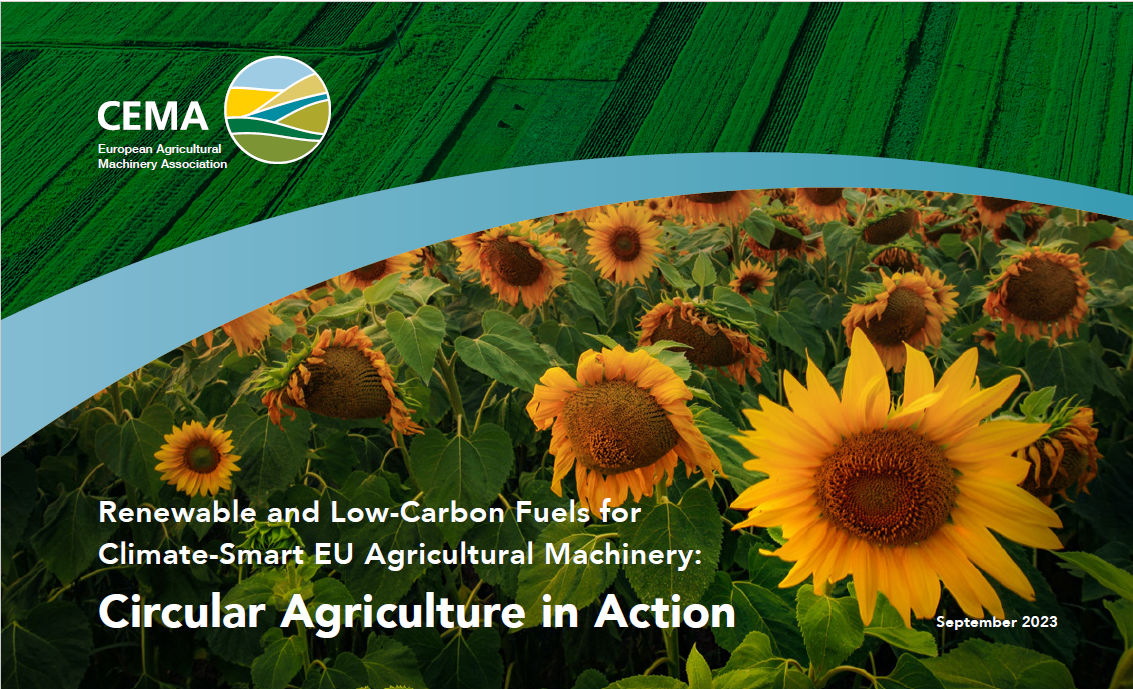Since 9th June the delegated Regulation 2015/68 no longer requires ABS as of 2021 for tractors with design speed between 40 and 60 km/h
ABS is NOT mandatory for fast tractors with design speed below 60 km/h!
The agricultural machinery sector has specific needs and characteristics that differentiate it from other machinery industries, such as the automotive. This was well-exemplified by the legislative path of the ABS (Anti-lock Braking System) legislation.
Before the approval of Framework Regulation 167/2013, the European Parliament inserted a clause stating that agricultural vehicles with design speed above 40 km/h should achieve a level of functional safety with regards to braking performance equivalent to that of motor vehicles and their trailers, and that ABS (anti-lock braking systems) should be fitted if appropriate.
The point was heavily supported by the two main braking suppliers for the agricultural machinery sector, that also developed over time the necessary ABS. The arguments presented focused on the much higher number of fatalities in encounters with agricultural vehicles compared to the cases of collision with other vehicles, therefore maintaining the dangerous nature of these vehicles.
CEMA reacted by stating that the these claims lacked evidence and that the real risks for tractors remain at collisions, due to their low average speed. Furthermore, the technology was not proven to be fully mature and there was a lack of economics of scale which would prevent price reductions.
Under time pressure to finalise the technical content well in advance of the implementation date of Regulation 167/2013, the European Commission released Delegated Regulation 2015/68 making ABS mandatory for fast tractors with design speeds between 40 and 60 km/h as of 2021, but adding a recital demanding an assessment whether ABS systems are available and applicable.
In anticipation of this assessment study, CEMA prepared its own study on the prominent risks and made its own proposals to reduce on-road accidents. High speed-related accidents were not identified among the prominent risks. Furthermore, the commitment was made to reduce on-road accidents by 50 % by 2035 calling for collaboration to all stakeholders.
The Commission study, although digging into all aspects of the matter, failed to make a case for ABS, for reasons of cost and for lack of evidence on the anticipated number of casualties that it supposed to prevent.
Supported by Member States, the Commission took the brave and correct decision to remove the provision from the braking regulation 2015/68, therefore recognising the specificity of the ag. machinery as compared to other machinery.
As no objection was given from Parliament and Council, as of 9th June 2018 this amendment is now applicable and the 2021 ABS obligation is no more. ABS remains mandatory for tractors with design speed above 60 km/h.
Other associations provided their input and helped achieve this result. In this respect, CEMA would like to thank and recognise the role of the European associations for farmers and contractors, respectively COPA-COGECA and CEETTAR.








































